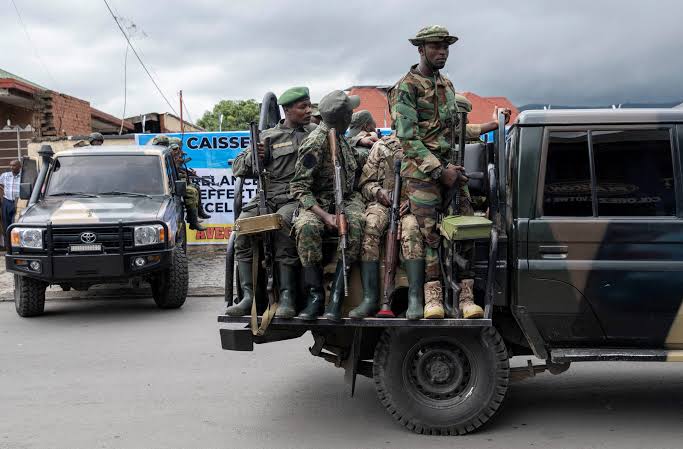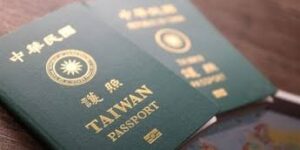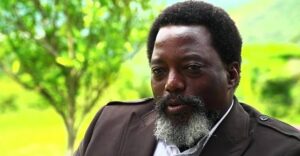The United States is seeking to facilitate a peace agreement between the Democratic Republic of Congo (DRC) and Rwanda, offering the incentive of significant Western investment in the region’s mineral resources. According to Massad Boulos, a senior advisor for Africa, the U.S. hopes to host a signing ceremony at the White House within approximately two months.
Boulos told Reuters in an interview in Doha, Qatar, that the proposed peace accord would be accompanied by bilateral mineral deals. “When we sign the peace agreement… the minerals deal with the DRC will be signed on that day, and then a similar package, but of a different size, will be signed on that day with Rwanda,” he stated.
The U.S. initiative comes amid renewed conflict in eastern DRC, where the Rwandan-backed M23 rebel group has made significant advances. This is the latest episode in a long-standing conflict in a region rich in minerals such as tantalum and gold, which are vital components in electronics manufacturing. Rwanda denies supporting the M23 rebels.
As part of a diplomatic process initiated in Washington last week, both Rwanda and Congo are expected to submit separate drafts of a peace agreement. The Congolese government has not yet commented on the proposal.
U.S. Secretary of State Marco Rubio is scheduled to meet with the foreign ministers of Rwanda and Congo in Washington in mid-May to work towards a final draft of the peace accord, according to Boulos.
A key component of the U.S. plan involves bilateral economic agreements with both countries. These agreements would pave the way for U.S. and Western companies to invest billions of dollars in Congolese mines and infrastructure projects supporting mining activities. The plan also includes investments in Rwanda, focusing on mineral processing.
“The agreement with the D.R.C. is at a much bigger scale, because it’s a much bigger country and it has much more resources, but Rwanda also has a lot of resources and capacities and potential in the area of mining as well… not just the upstream, but also midstream and downstream to processing and refining and trading,” Boulos explained. He indicated that U.S. and Western companies have expressed their willingness to make substantial investments in the region upon the signing of these mineral deals.
However, Boulos emphasized that the signing of the peace agreement is contingent on both countries addressing several security concerns. This includes Rwanda withdrawing its troops from Congo and ceasing support for the M23 rebels. Conversely, Congo must address Rwanda’s concerns regarding militias operating within its borders, such as the Democratic Forces for the Liberation of Rwanda (FDLR). The FDLR is a group composed of individuals who fled Rwanda following the 1994 genocide.
To monitor progress towards the peace deal, a follow-up committee has been established, comprising representatives from the U.S., Qatar, France, and Togo, with Togo representing the African Union. This committee was formed on Wednesday.






